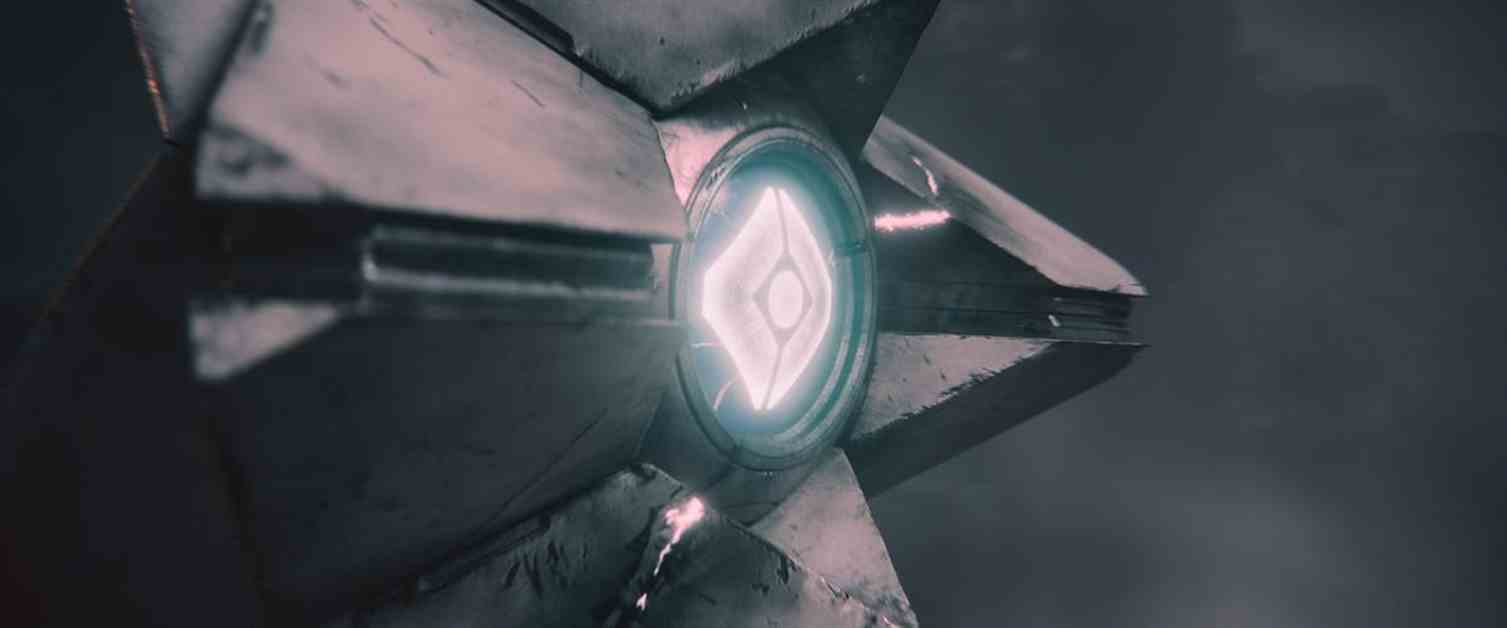Destiny 2 Loremaster Publishes 10-Hour Video on Entire Series History
In what is being hailed as a monumental achievement in the Destiny community, loremaster and renowned storyteller MyNameIsByf has released a ten-hour long video detailing the complete history of the Destiny series, leading up to the upcoming final expansion in the Light and Darkness saga, The Final Shape.
MyNameIsByf previously created a “Complete Story of Destiny” video four years ago, which garnered 15 million views and covered the series up to the launch of Shadowkeep. Since then, Destiny has seen the release of Beyond Light, The Witch Queen, Lightfall, and numerous seasons, leading to the need for an updated and expanded version of the lore video.
The ten-hour video features contributions from a team of editors, composers, and artists, who collaborated to create visuals that span the extensive lore of Destiny, including events not directly featured in the game. While watching a ten-hour video may seem daunting, especially for new or returning players, the depth and complexity of Destiny’s narrative make such a comprehensive overview invaluable for understanding the game world.
Although the video provides a detailed exploration of Destiny’s lore, it is not essential for playing the upcoming expansion, The Final Shape. However, for those looking to immerse themselves in the rich storytelling of Destiny or catch up on missed lore, MyNameIsByf’s video offers a thorough and engaging resource.
Whether you choose to watch the video attentively or have it playing in the background, MyNameIsByf’s dedication to storytelling and attention to detail promise an epic viewing experience for Destiny fans. As the Destiny community eagerly anticipates the release of The Final Shape, MyNameIsByf’s comprehensive lore video serves as a testament to the enduring legacy of the series.
For more updates and content from MyNameIsByf, follow him on Twitter, Threads, YouTube, and Instagram. Additionally, check out his sci-fi novels in the Herokiller series and The Earthborn Trilogy for more captivating storytelling.













